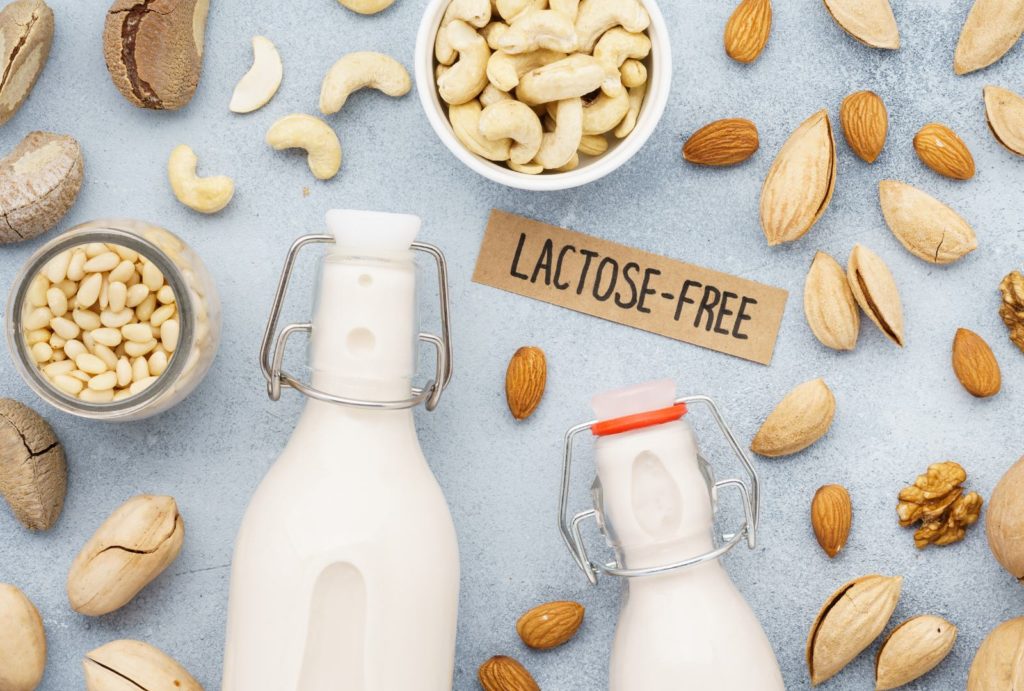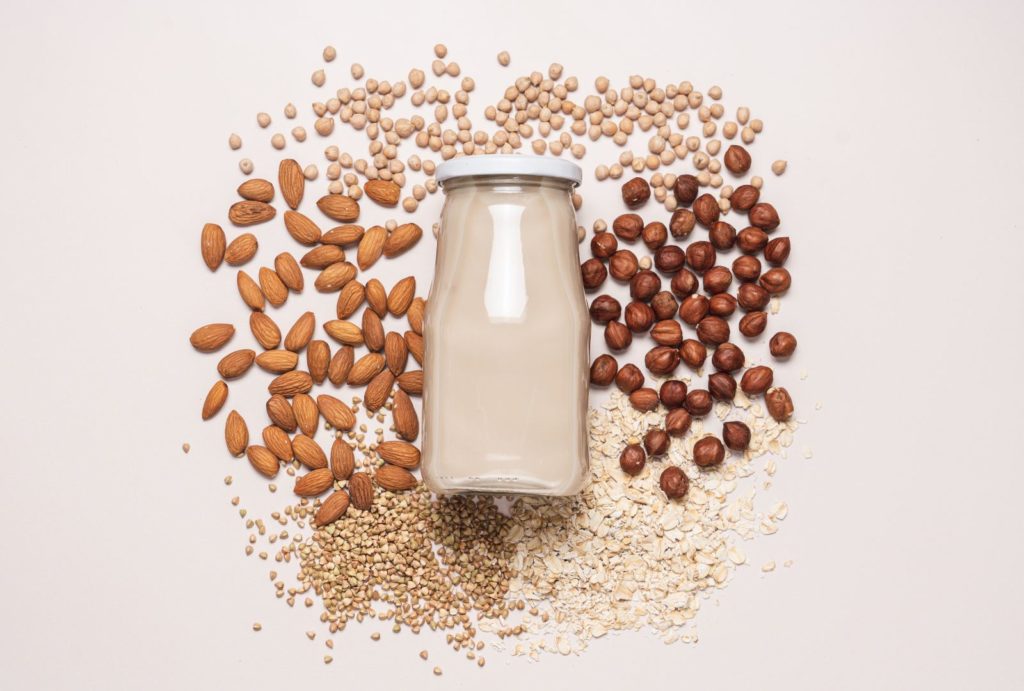Clients often seem confused as to what exactly are probiotics and prebiotics. Probiotics are beneficial bugs and prebiotics are food for the bugs both contributing to a healthy digestion and nutrient absorption in our gut. In this article, l will explain you Probiotics vs Prebiotics and some facts about them that you can apply in your daily life.
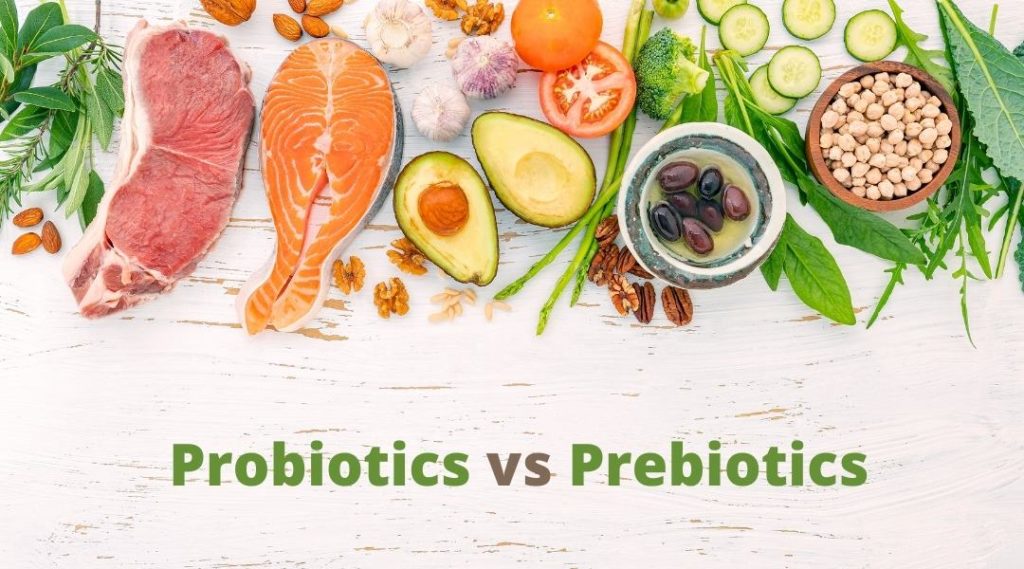
What are Probiotics?
Probiotics come in different forms: supplements, drinks or foods.Supplements come in capsules and contain of a large dose of bacteria to repopulate or balance your microbiota. They must be taken away from meals either 30 min before breakfast or right before bedtime.
Probiotic drinks contain a nice dose of beneficial bacteria and are drinks like fermented juices (vegetables or fruits) or fermented milk. Types of fermented milk probiotic drinks are commonly called kefir, kombucha or yogurts. In yogurt and kefir, the base is milk to which active bacteria are added. The base in kombucha is fermented tea.
Probiotic foods are fermented vegetables such as sauerkraut or kimchi. Here the bacteria are cultivated during fermentation of the vegetables. However, a few studies have lately shown that probiotics have a harder time surviving in non-dairy environment. Thus, probiotics dairy-based drinks seem to be more effective in supplying a visible dose of beneficial bacteria.
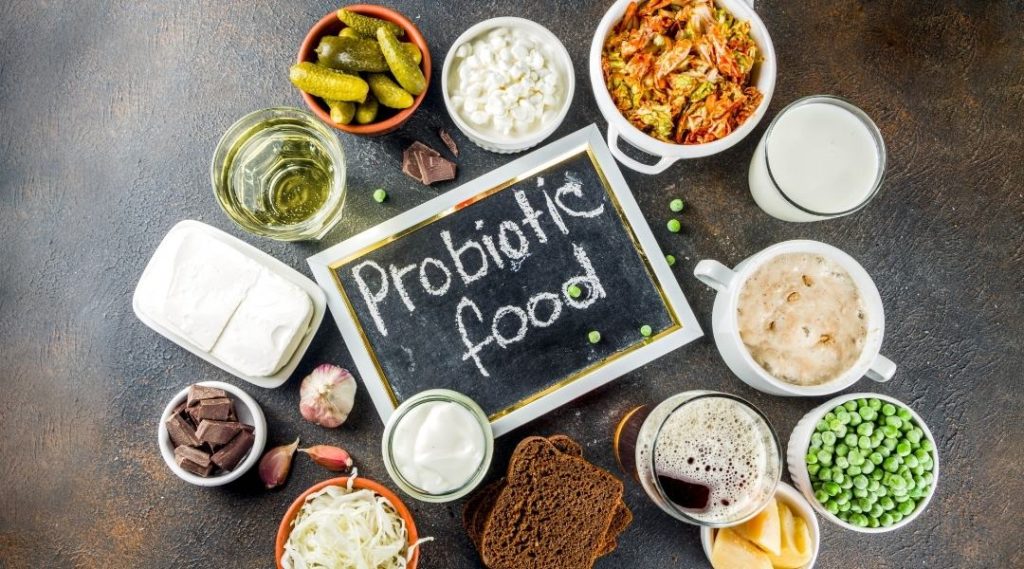
Beneficial Effects of Probiotics
Probiotic intake contributes to balancing gut bacteria and thus be beneficial in reducing gut inflammation and regulate bowel movements. Other beneficial effects of probiotics include regulating among others, cholesterol levels, blood sugar balance, weight stabilization and cardiovascular health.
Best Probiotic for Gut Health & Supplements
Supplements, foods and drinks are freely available everywhere at different prices. Supplements deliver a higher quantity of probiotics than foods or drinks, so it is sometimes recommended to turn to supplementation for better results. However, not all supplements are equal in quality, price and results.
Always choose the best quality, avoid ordering on the internet as you may want to get professional advice on how to chose a good probiotic. Always choose supplements non-dairy free of added sugar, preservatives, colorants, flavorings, and free of all most common allergens (soy nuts, gluten…) and resistant to stomach acid. Aim to buy a product with at least 1 million CFUs, containing at least the 3 following genus: Bifidobacterium, Lactobacillus (bacterial genus) and Saccharomyces boulardii (yeast strain).
With probiotics it is always recommended to start low and increase dosage slowly. Depending on the state of your gut bacteria, taking a high dose of fermented foods or drinks especially may cause a series of side effects such as gas, bloating, nausea or diarrhea.
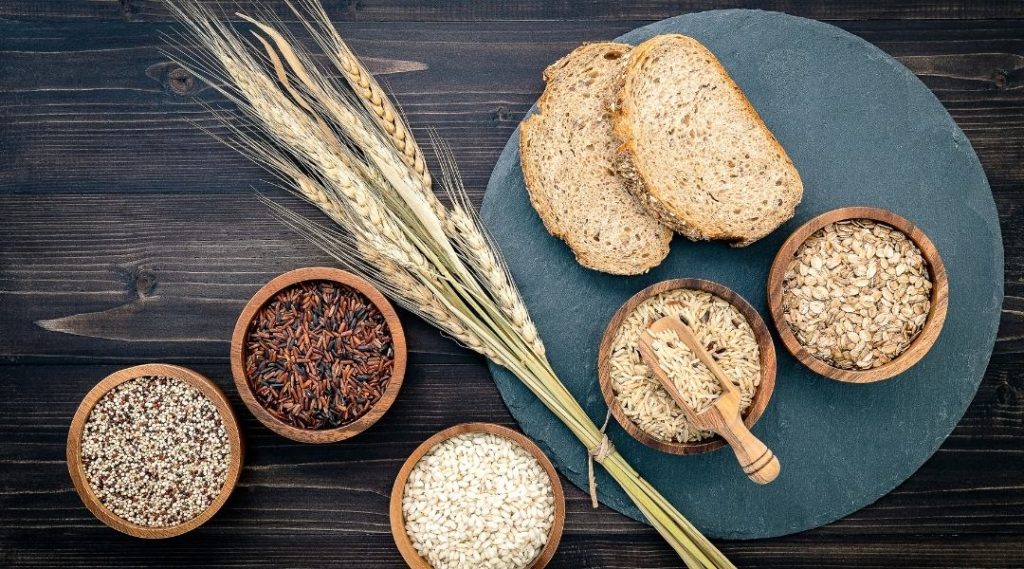
Probiotics
My two cents: Probiotics are safe for most people; however, they are not recommended for people with immune system impairment or that have just undergone surgery or for critically sick people. However, you should always consider repopulating your gut with supplements, during and after a course of antibiotics.
Finally, beware of fermented probiotic drinks that are inappropriate for histamine intolerant patients, and if you are casein or lactose intolerant you will not be able to benefit from probiotic milk-based drinks.
And What About Prebiotics?
Prebiotics feed the bacteria in the gut. It is not sufficient to repopulate the good with healthy bacteria, it is important to feed them to preserve bacterial diversity. This will allow them to grow and proliferate.
All prebiotics are a type of dietary fiber that human digestive system cannot digest. This fiber can be digested by the bacteria, thus constitutes food for our microbiota. which can be found in different fruits and vegetables such as:
- Asparagus
- Chicory
- Jerusalem Artichokes
- Leeks
- Garlic
- Onions
But also in berries, bananas, oats and legumes such as beans and peas.
From the above list, and contrary to probiotics, you can see that healthy prebiotic is contained in vegetables thus there is no need to buy prebiotics supplements.
Finally, heathy microbiota that is fed with good prebiotics form vitamin K and short chain fatty acids, such as butyrate, that is fundamental to nourish the colon lining cells healthy.
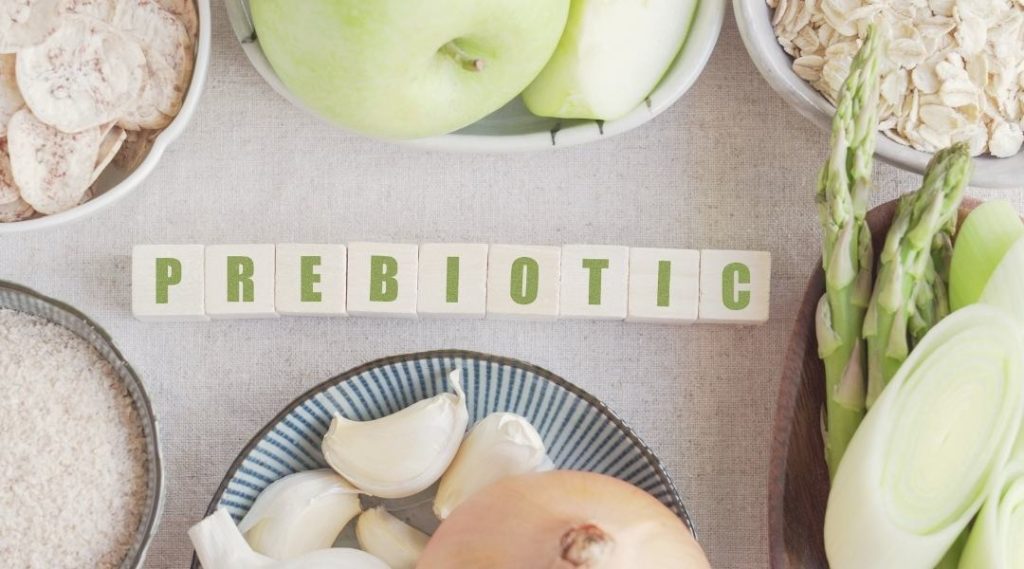
Probiotics vs Prebiotics
I hope you find this article useful in order to understand the differences and beneficial effects. If you need help about your digestion or healthy lifestyle habits, please contact me with scheduling a free 1-1 call: Book A Free Call with Me

